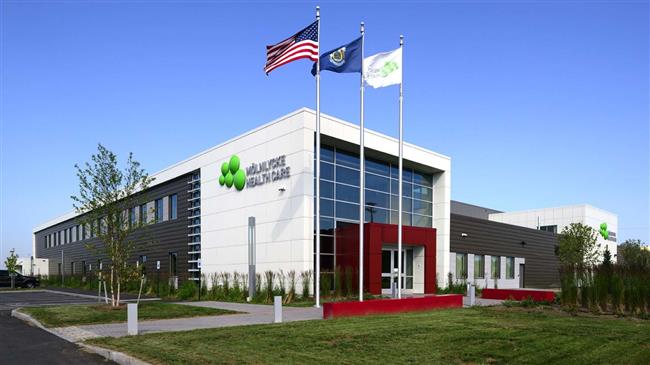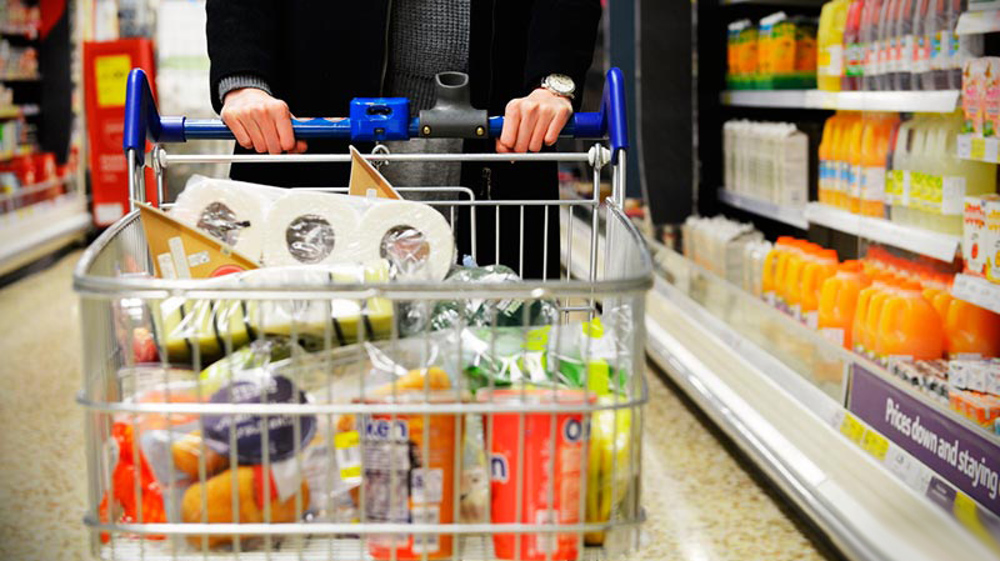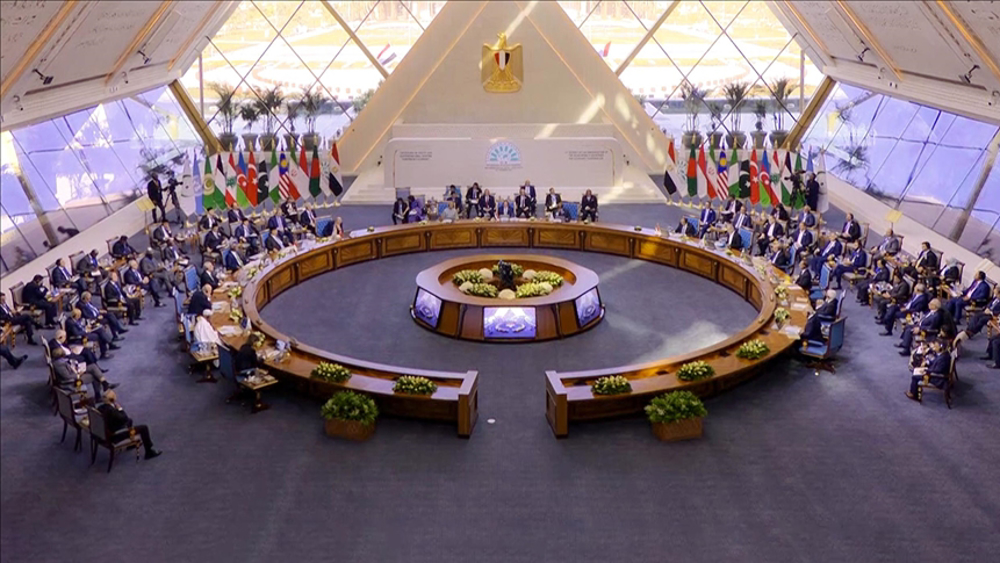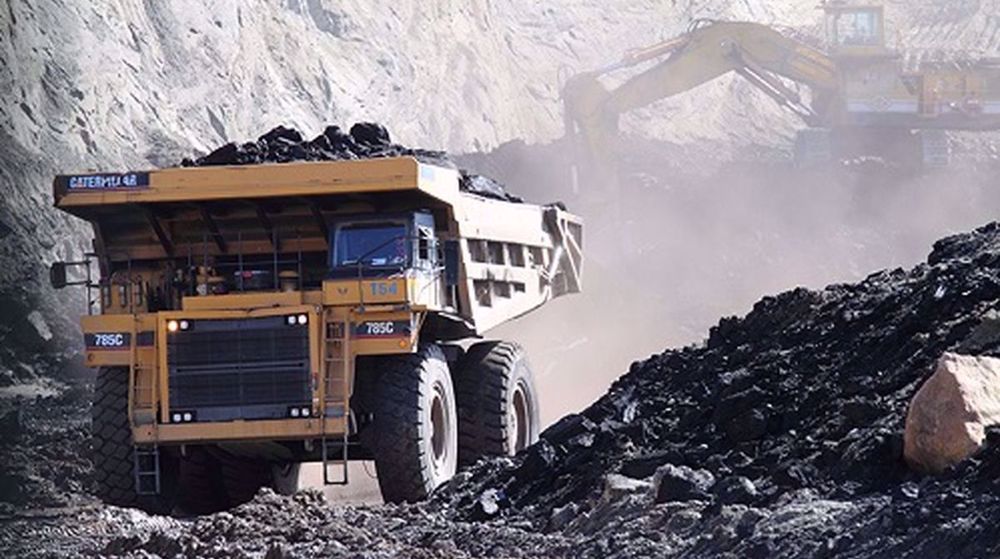Iran patients feel brunt of US sanctions with their skin
Ordinary Iranians are struggling to keep up with soaring prices of essential goods because of US sanctions, but a group of patients feel the excruciating pain of the inhuman restrictions literally with their skin.
As many as 300 children born with a condition known as epidermolysis bullosa or EB face the risk of death because Swedish medical companies which provided protective bandages for such patients have halted supplies because of the sanctions.
According to Mehr news agency, seven children with EB have lost their lives since the US started reimposing sanctions on Iran in August even though a health ministry official denied the report.
Often known as butterfly children because their skin is as fragile as the wings of a butterfly, EB patients need special care. Even mild frictions or bumps cause severe blistering of the skin which is painful.
They often have difficulty with daily activities, such as walking, eating and even breathing, but without proper protective bandages, their agony is heartbreaking.

The trade of humanitarian goods, such as food, medicine and medical devices, is theoretically allowed by the US, but European companies refuse to do business with Iran, fearing secondary American sanctions.
Since the reimposition of sanctions, Swedish medical products firm Molnlycke Health Care has stopped delivering Mepilex dressings which are trusted around the world to treat a wide range of chronic and acute wounds, including in EB patients, Iranian media reports say.
US President Donald Trump triumphantly tweeted a photograph of himself in the style of an advertisement for the Game of Thrones fantasy TV series, with the tagline: “Sanctions Are Coming, November 5.”
Trump pulled the US out of a 2015 nuclear deal with Iran and reimposed sanctions, saying he believed economic pressures would force Tehran into concessions.
Washington claims the sanctions target the government, but ordinary Iranians are the ones who suffer the most.

In an interview with BBC Persian in November, US Secretary of State Mike Pompeo brazenly said Iranian officials must listen to Washington "if they want their people to eat."
Hawkish US national security adviser John Bolton then used vulgar language to stress that his country wanted to “squeeze” Iran. "It is our intention to squeeze them very hard. As the British say: 'Squeeze them until the pips squeak'."
However, Iran has a strong base for producing the bulk of its inputs in food and medicine.
On Tuesday, a state official said Iran’s wheat harvest is enough to make it self-sufficient in the strategic crop for the fourth year in a row.
Iran’s 100-year-old pharmaceutical industry is also relatively advanced for a developing country. Health officials say the country produces more than 96% of its medical needs.
The government has dedicated significant resources to the sector in recent years as part of its policy to make medicine accessible and affordable.
The pharmaceutical industry is regulated by the government, where production and importation of drugs is heavily subsidized, making them also susceptible to trafficking to neighboring countries.
In recent years, Iranian private companies have started producing biological pharmaceuticals. The country has also a relatively advanced herbal medical basis thanks to its vast floral resources.
There are dozens of pharmaceutical companies, but their operations rely on local formulation of generic drugs, which means they have to import ingredients for some drugs.
Some of the generic brands, formulated, processed and packaged in Iran, are licensed by European and American companies and their production includes imports of semi-manufactured drugs which has been disrupted by the sanctions.

For months, European powers have been tinkering with a much-hyped special trade vehicle known as INSTEX that purports to handle food and medical trade, but they are dragging their feet on having it up and running in deference to the US government.
“The administration has told the Europeans: we are not going to go the extra mile in reassuring European companies on this front,” Ellie Geranmayeh, a senior policy fellow at the European Council on Foreign Relations, has told the Guardian.
Geranmayeh said he has "spoken to a number of European pharmaceutical companies and they say their banks have flagged they are going to struggle to deal with any payments from Iran.”
“This is not consistent with the Trump administration’s declared policy that sanctions are not against the Iranian people,” he added.
Switzerland’s Nestle said last August that it did not see any direct fallout from renewed US sanctions on Iran, but the world’s biggest food company appears to have scaled down its business in the country.
The company produced infant cereals and formula in the northern city of Qazvin and had a bottled water factory in Polour in Mazandaran Province.
Swiss pharmaceutical company Novartis was also active in Iran, as were cement company Holcim and Buhler, a manufacturer of a range of agricultural equipment.

Since the US sanctions, imported drugs have more than tripled in value because medical companies have had to resort to paying intermediaries exorbitant sums to secure supplies.
Patients and their families have doubly been hit by a steep decline in Iran’s currency, leaving astronomical medical bills on their hands.
Last October, the US government blacklisted Iran’s Parsian Bank which processed much of Iran’s humanitarian trade transactions.
The bank is one of the most reputable private-sector institutions trusted by the Europeans, but it was targeted despite fulfilling anti-money-laundering procedures up to international standards.
‘Ethnic cleansing’: Hamas blasts Israeli attacks on Gaza hospital amid intl. silence
Saudi delegation meets HTS leader at presidential palace in Damascus
Relentless Israeli ceasefire violations justify need for self-defense: Lebanese MP
Tel Aviv tells Damascus Israeli forces will remain in occupied territory: Report
Dec. 22: ‘Axis of Resistance’ operations against Israeli occupation
‘Abhorrent’: Oxfam says only 12 trucks delivered aid in North Gaza since Oct.
VIDEO | Leader receives religious eulogists on Hazrat Fatima birth anniv.
Pope Francis slams Israel’s ‘machine-gunning’ of Gaza children

















 This makes it easy to access the Press TV website
This makes it easy to access the Press TV website